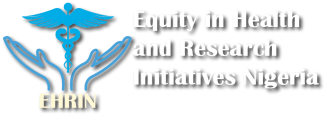About us
Who we are
Background
Inequalities in health and research outcomes have reached alarming state in many low- and middle-income countries (LMICs). Health and research outcomes have remained abysmally poor in many LMICs, including Nigeria. Women and families continue to bear disproportionately from morbidity and mortality burdens due to preventable causes such as hypertensive disorders in pregnancy (notably pre-eclampsia/eclampsia), obstetric hemorrhage (especially postpartum hemorrhage), cervical cancer and poor access to and affordable modern contraceptive services. In addition, the spade of premature mortality from cardiovascular and metabolic diseases is both high and rising and predicted to be the leading cause of premature deaths in LMICs by 2050 if not urgently addressed. Finally, global health research outputs from Nigeria (in term of quality and quantity). To address this, The Equity in Health and Research Initiative Nigeria (ENRIN) is established and registered in Nigeria as a private non-profit non-governmental organization. ENRIN considers the persistent mortalities and morbidities from these courses as examples of inequality in health since we know exactly what to do, and the basic tools and commodities needed to eliminate inequality in health and research are available in the country
Our Approach
EHRIN address health care concerns by collaborating with stakeholders at primary care level. This involves leveraging and collaborating with the established colleges of health technologies where the Community Health Officers (CHOs) and Community Health Extension Workers (CHEWs) are trained. Students at these colleges are expected to spend months working within the communities visiting families to provide primary health care services at home during their pre-service years. This community service scheme has been dormant and under-utilized. In collaboration with the Community Health Practitioners’ Registration Board (CHPRB – regulatory body for the training and practices of CHEWs and CHOs in Nigeria), EHRIN strengthens this program and equip the trainees with appropriate knowledge, skills and on-the-job monitoring and mentorship, including quality affordable commodities where indicated. The college system is supported to work and collaborate with states’ primary health care development agencies and women’s religious and community leaders. Our interventions are based on implementation science approach in which proven health care innovations are delivered supported by high quality data, ongoing evaluation and analyses, dissemination of promising interventions and re-strategizing for improvement.
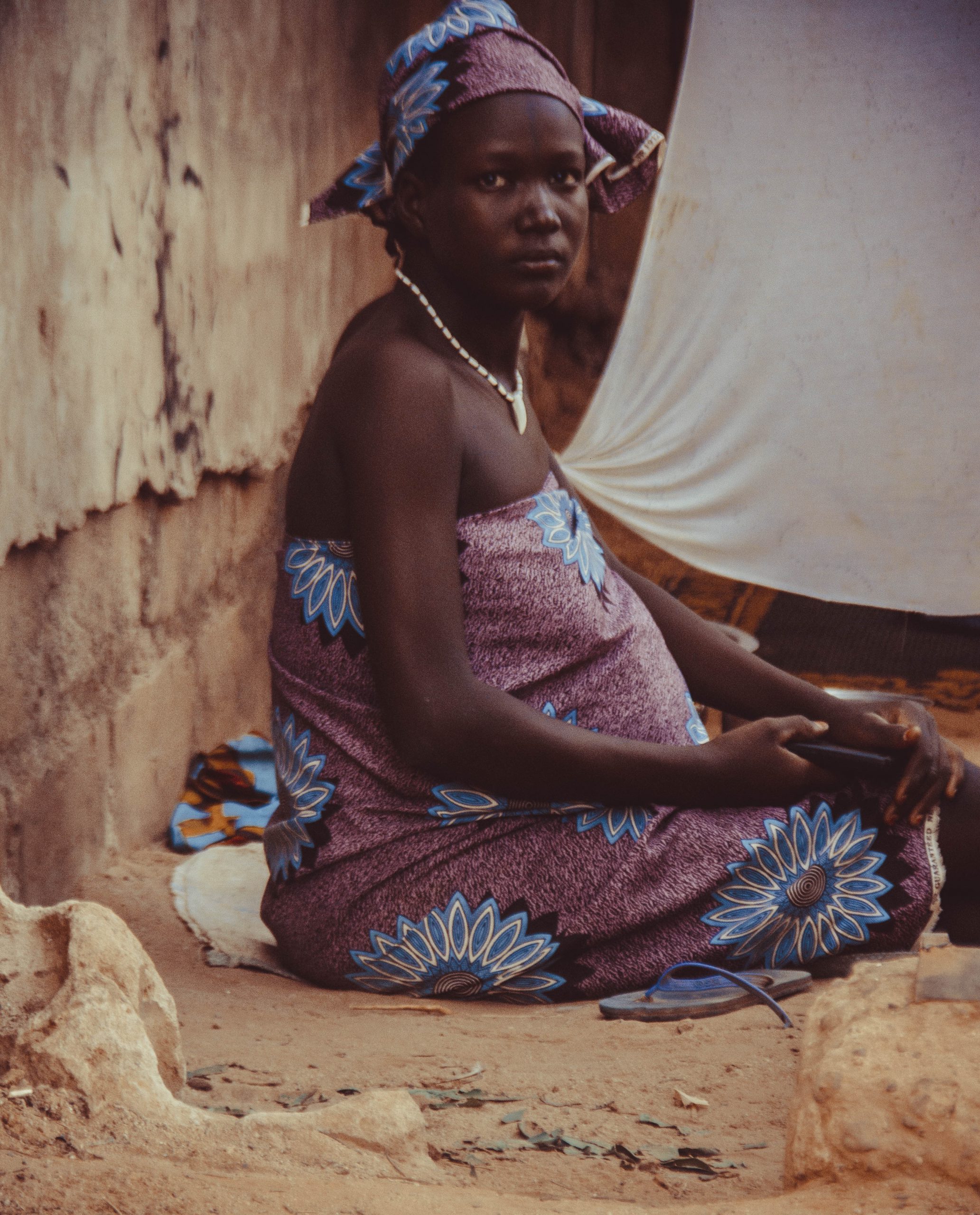
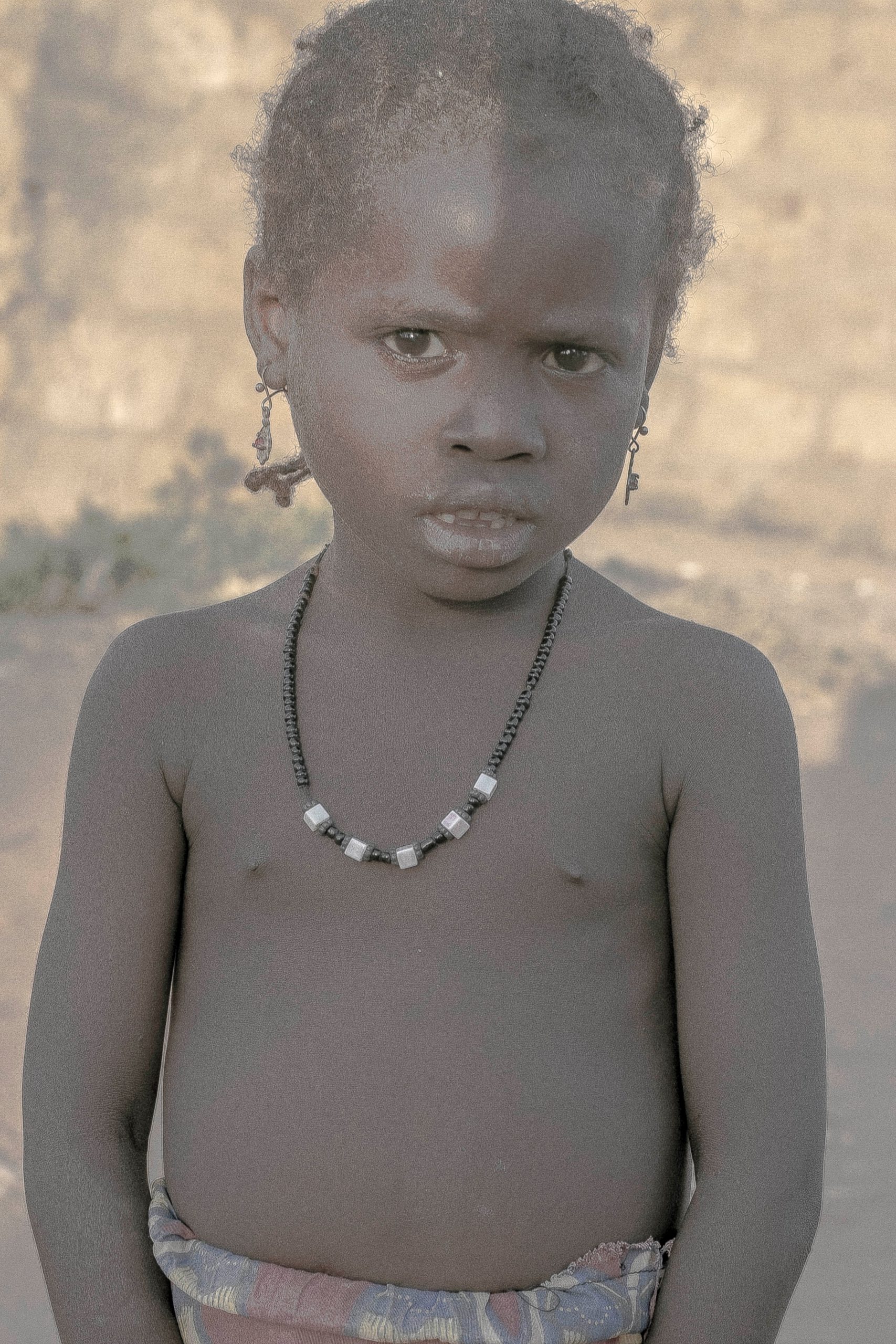
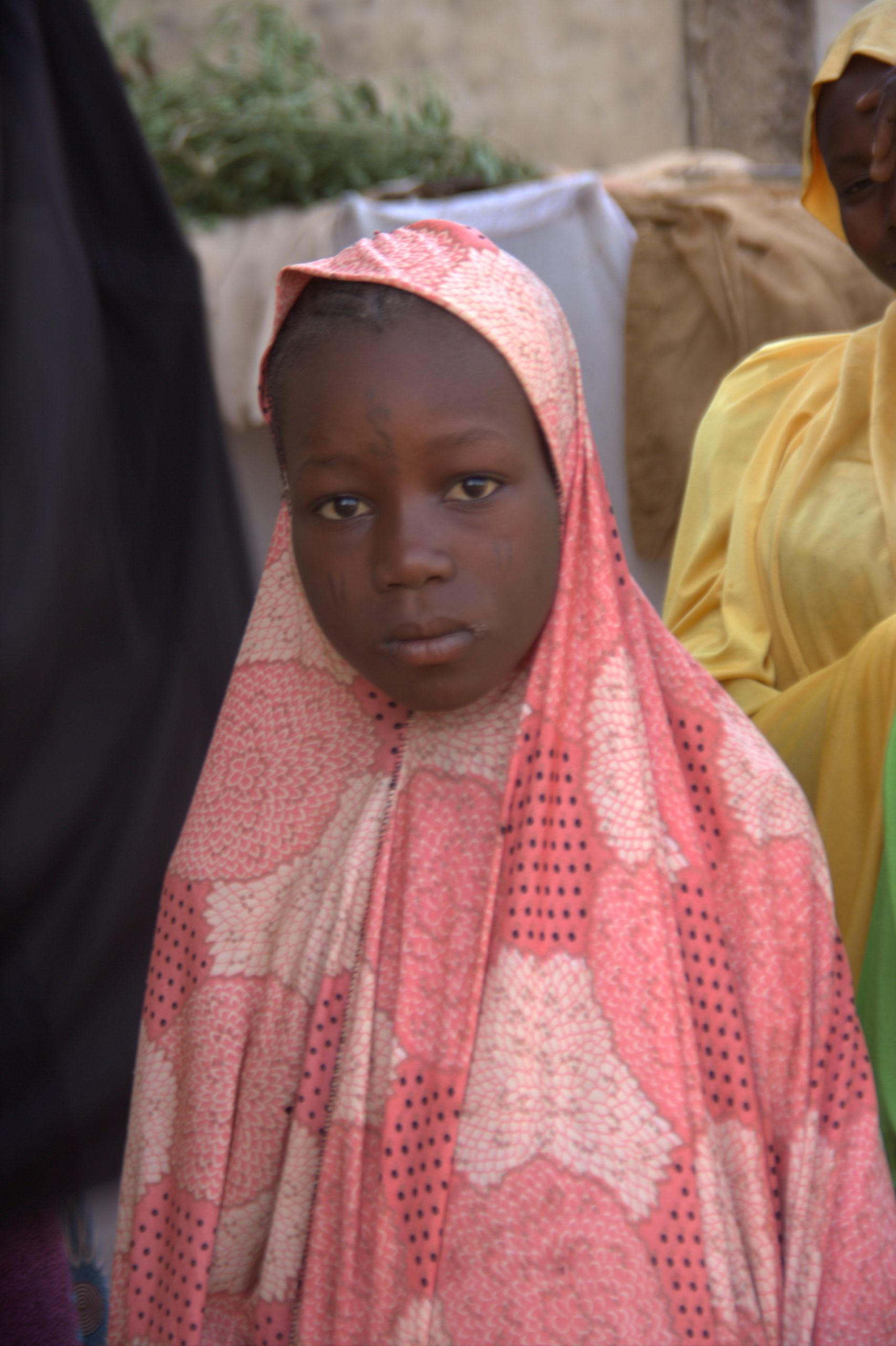
Mission & Vision
Our Mission
Our Vision
Our Partners





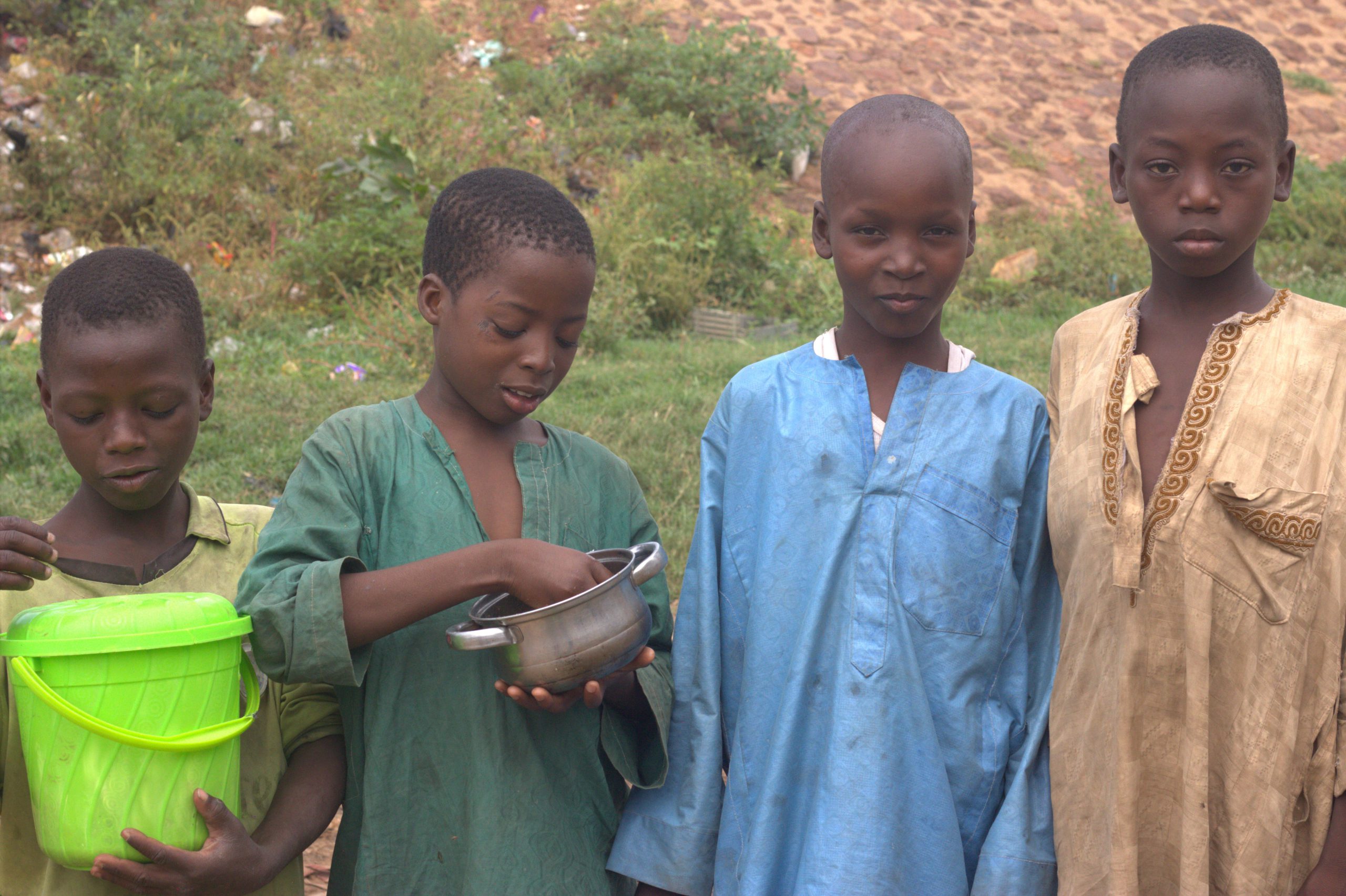
Our Goals
Over five years period, EHRIN aims to achieve:
Goal One
At least 25% increase in modern contraceptive prevalence rate in project communities
Goal Two
At least, 50% reduction in the proportion of maternal deaths that are due obstetric hemorrhage and hypertensive disorders in pregnancy (mainly pre-eclampsia/eclampsia) in project communities
Goal Three
Screening, treatment and referral of 10 million adults for cardiovascular risk factors
Goal Four
Screening of, at least, 500, 000 women for pre-malignant disease of the uterine cervix
Goal Five
Capacity building of, at least, 200 medical specialists in clinical epidemiology with, at least, 15% of them having published in peer-reviewed journals
